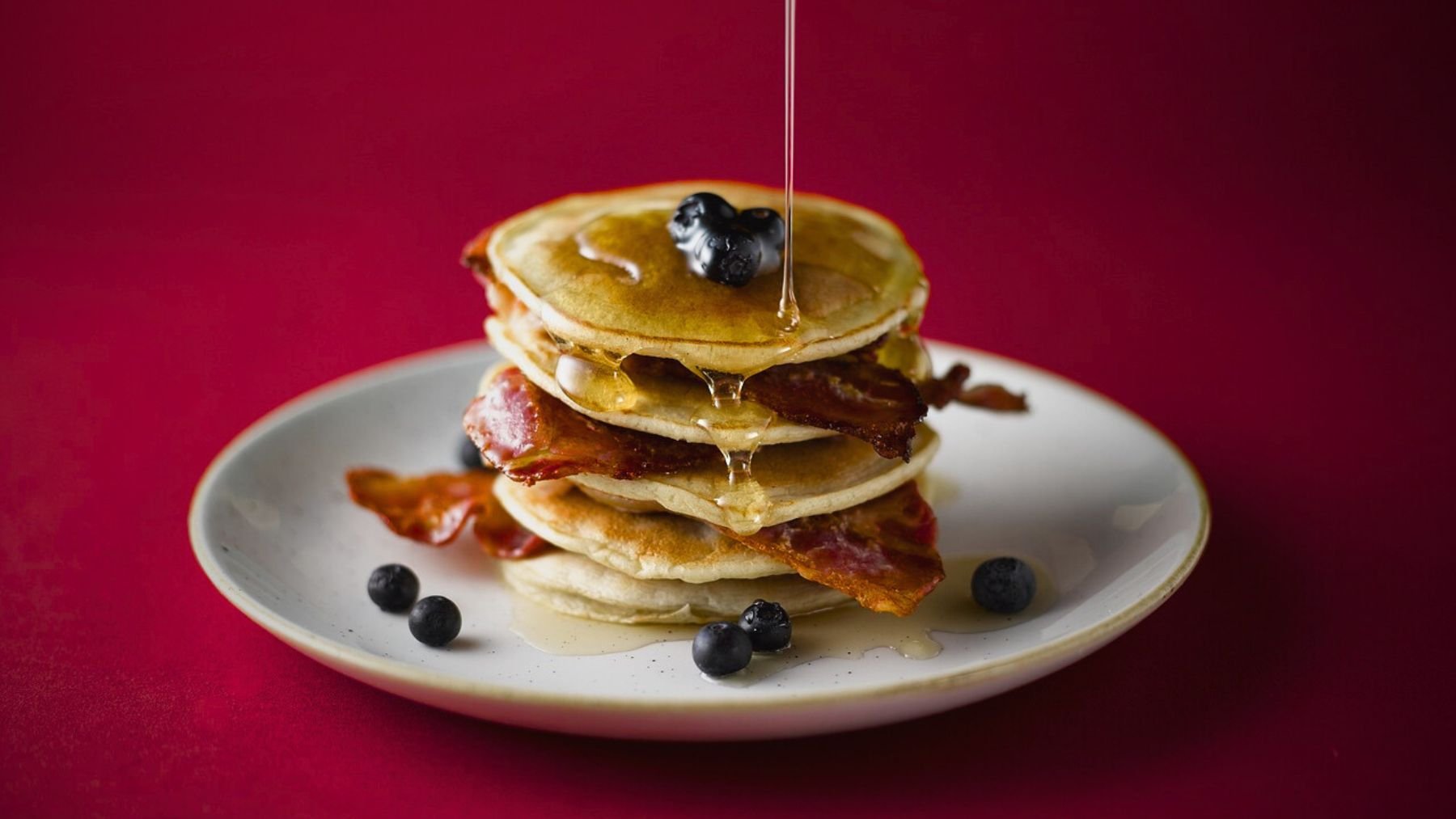When it comes to sweetening your favorite recipes, two natural contenders often top the list: honey and maple syrup. Both bring unique flavors and potential health perks, but how do they stack up against each other nutritionally?
According to registered dietitian and nutrition expert Lisa Andrews, MEd, RD, LD, the choice between honey and maple syrup isn’t as simple as taste. Your decision to choose one or the other may depend on your health goals and cooking needs.
So, which sweetener comes out on top? Let’s dive into the nutrition facts and health benefits of each to help you decide.
Honey and maple syrup in nutrition
Honey and maple syrup are both liquid sweeteners made from natural sources, bees for honey and sap from sugar maple trees for maple syrup. However, their nutritional profiles tell a different story.
Honey contains slightly more calories and sugar than maple syrup. A single tablespoon of honey packs 64 calories and 17.2 grams of sugar, while maple syrup delivers 52 calories and 12.1 grams of sugar per tablespoon.
If you’re watching your calorie or sugar intake, this difference can add up quickly over multiple servings. Besides, honey’s higher fructose content may be harder to digest for some individuals, such as those with irritable bowel syndrome (IBS).
Meanwhile, maple syrup shines in its micronutrient content, with higher levels of calcium, manganese, and zinc, all of which contribute to bone health, energy production, and immune support. Andrews explains that “with a lower glycemic index, it would be a better choice for those with diabetes or other blood sugar issues”. Although honey does contain vitamins C and B, you would need to consume large quantities to see a significant impact.
What about the health benefits?
Both honey and maple syrup contain antioxidants, which help combat oxidative stress and may lower the risk of chronic diseases. Honey, in particular, is prized for its medicinal properties. Studies suggest that it can soothe a sore throat and may even be more effective than cough medicines for children. Some research also hints that consuming raw, local honey might alleviate seasonal allergy symptoms, although findings remain inconclusive.
Maple syrup, on the other hand, earns points for its robust manganese and riboflavin content. Manganese is essential for bone health, energy metabolism, and wound healing, while riboflavin plays a key role in converting food into usable energy.
Honey vs. maple syrup: the final verdict
So, which sweetener should you choose? Ultimately, neither honey nor maple syrup is inherently “better” than the other. The best choice depends on your dietary needs, health goals, and personal taste preferences. For those prioritizing micronutrient intake and a lower glycemic impact, maple syrup may be the better fit. If you’re seeking medicinal benefits or enjoy its floral sweetness, honey is a fantastic option.
What is essential is to consume both in moderation, using them to add a touch of sweetness to your meals without overloading your diet with sugar. This way you can enjoy these natural sweeteners as part of a balanced diet.
